Planting kiwis in warmer weather is essential for giving them the best start possible, so you should plant them in spring. They should be planted deep enough to cover the roots well with soil and be watered well when initially planted.
To ensure that you get a good crop from your kiwi plants, you should plant male and female plants, roughly one male plant for every six female plants.
You should plant the kiwi plants against a fence or onto support wires placed 30 to 45cm (12-18in) apart. For more than one, plant 2 to 3m (6-10ft) apart. With regard to position, you should choose a sunny position that is sheltered from strong winds.
Feeding
Kiwi plants most benefit from high-potassium feeds and fertilisers, such as blood, fish, and bonemeal, or nitrogen feed, to ensure they receive the nutrients they need for optimal growth.
Mulching
Adding a layer of mulch of organic material, composted bark, or compost can provide kiwi plants with further nutrients to support their growth. However, you should avoid contact with the vine, leaving a 5cm (2in) gap around the base of the stem to avoid rotting. This should be done in late winter and then once again in early spring for best results.
Protection from frost
Kiwi plants are able to withstand cold temperatures in winter while dormant, young shoots can experience frost damage in spring. To prevent this, your kiwi plants could benefit from being protected with garden netting, such as a crop cover or hessian.
Pruning and training
Kiwi fruits are vigorous climbers and can easily reach a great height, although they are best trained on horizontal wires on a warm wall and pruned to keep them in check. Be sure to check the plants regularly to ensure that the shoots are tied into the supporting framework.
You should prune your kiwi plants in winter for the best fruit production. During the first few years, you should trim them occasionally as required. After 3-4 years, the plant should be pruned annually to 8-12 shoots and thin out weak stems. Fruit is then borne on 2-3-year-old stems.

 How to Grow Kiwi
How to Grow Kiwi

 Ground Prep
Ground Prep

 Sowing Kiwi Seeds
Sowing Kiwi Seeds

 Planting Kiwi Fruit
Planting Kiwi Fruit

 Plant Care
Plant Care

 Harvesting
Harvesting

 Problems
Problems

How to Grow
Ground Preparation
Sowing
Planting
Plant Care
Harvesting
Problems








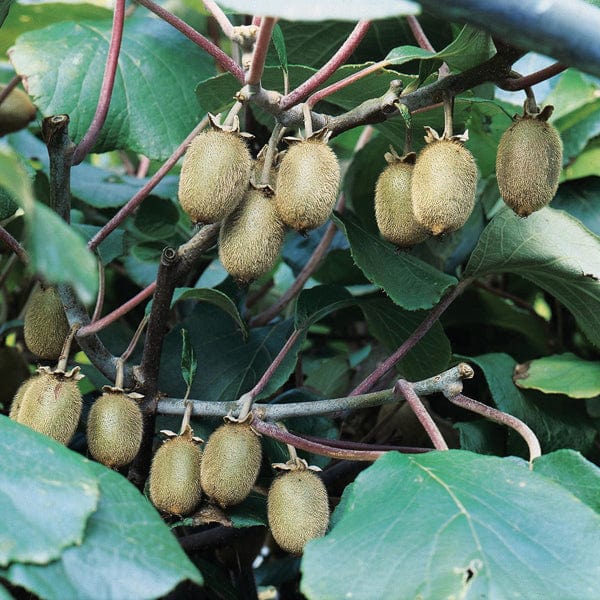
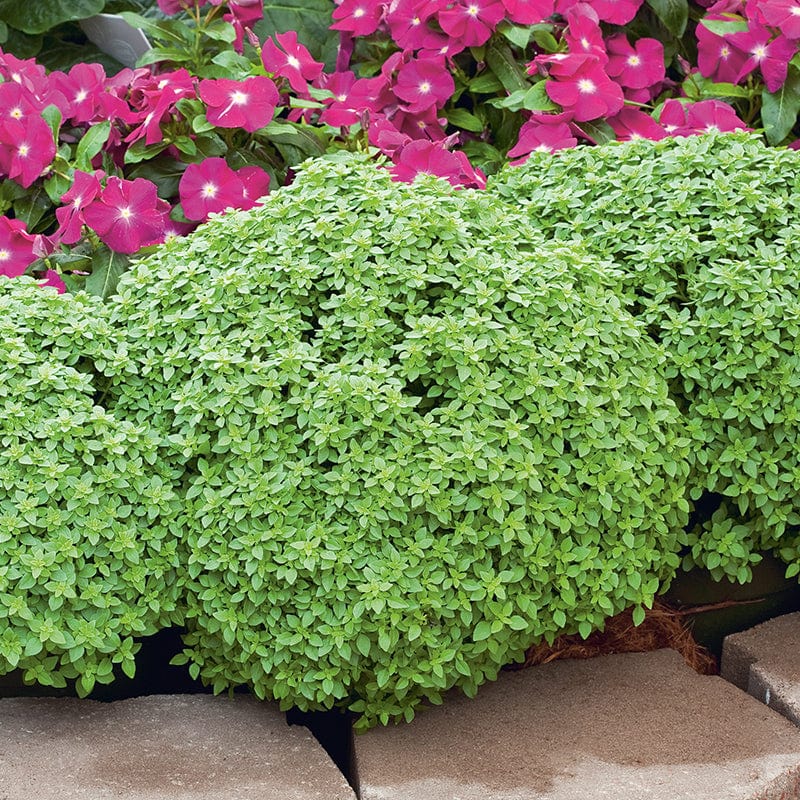
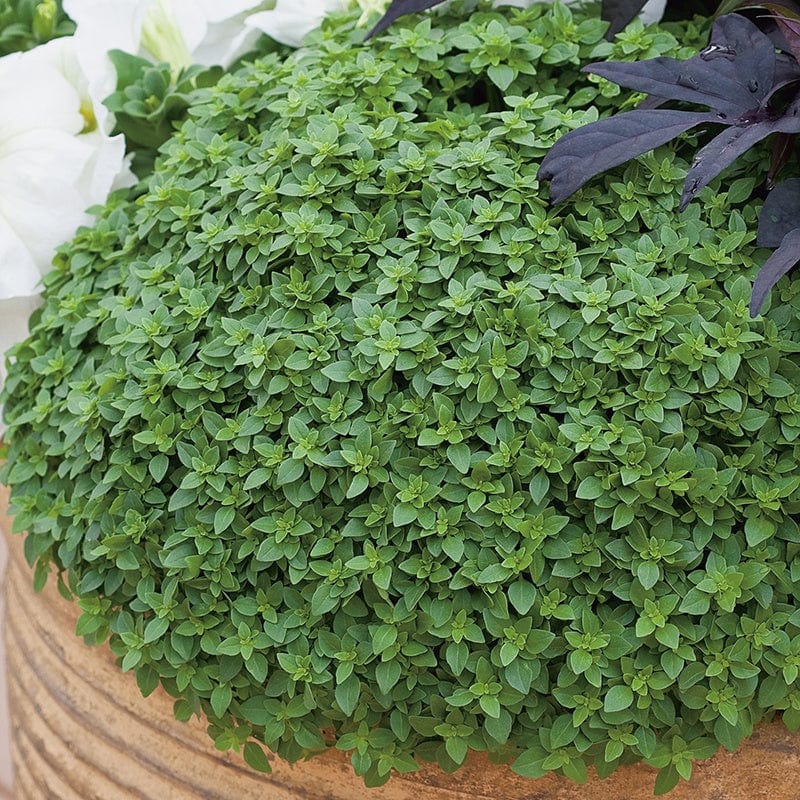
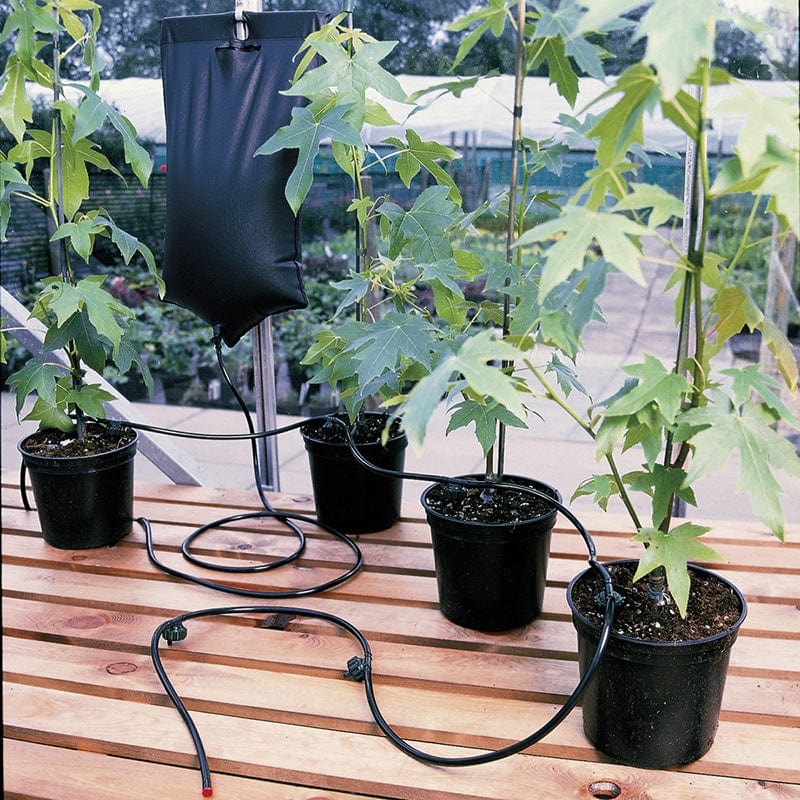
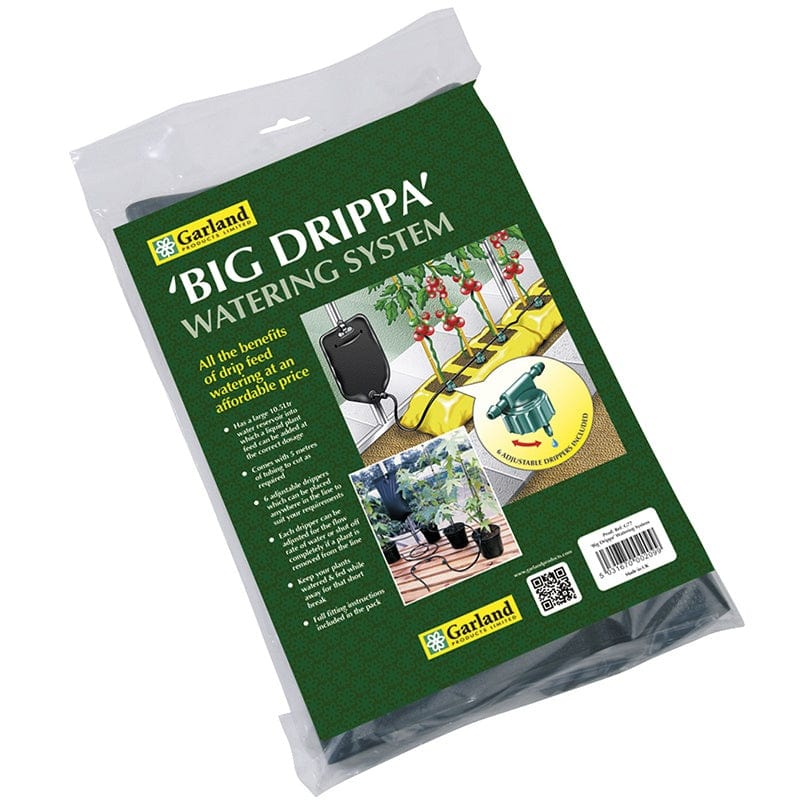

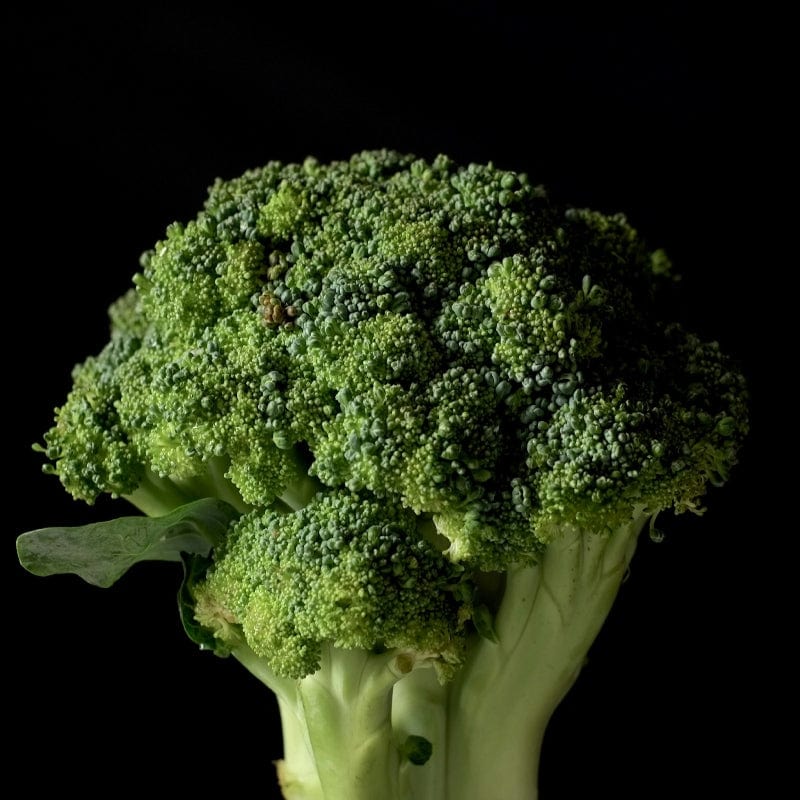
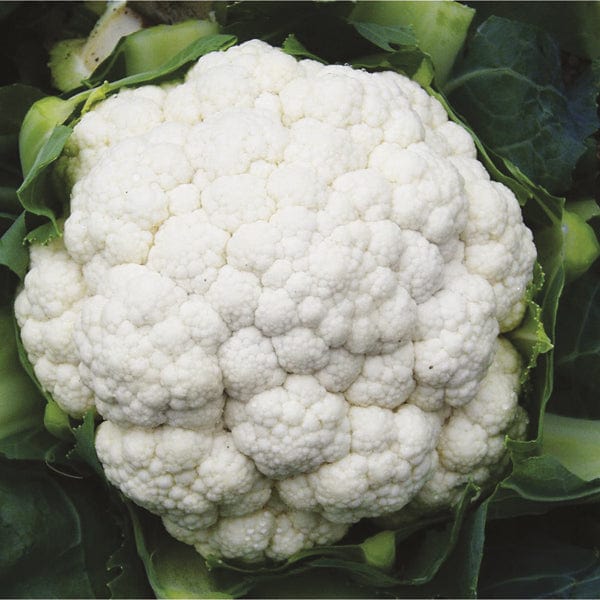
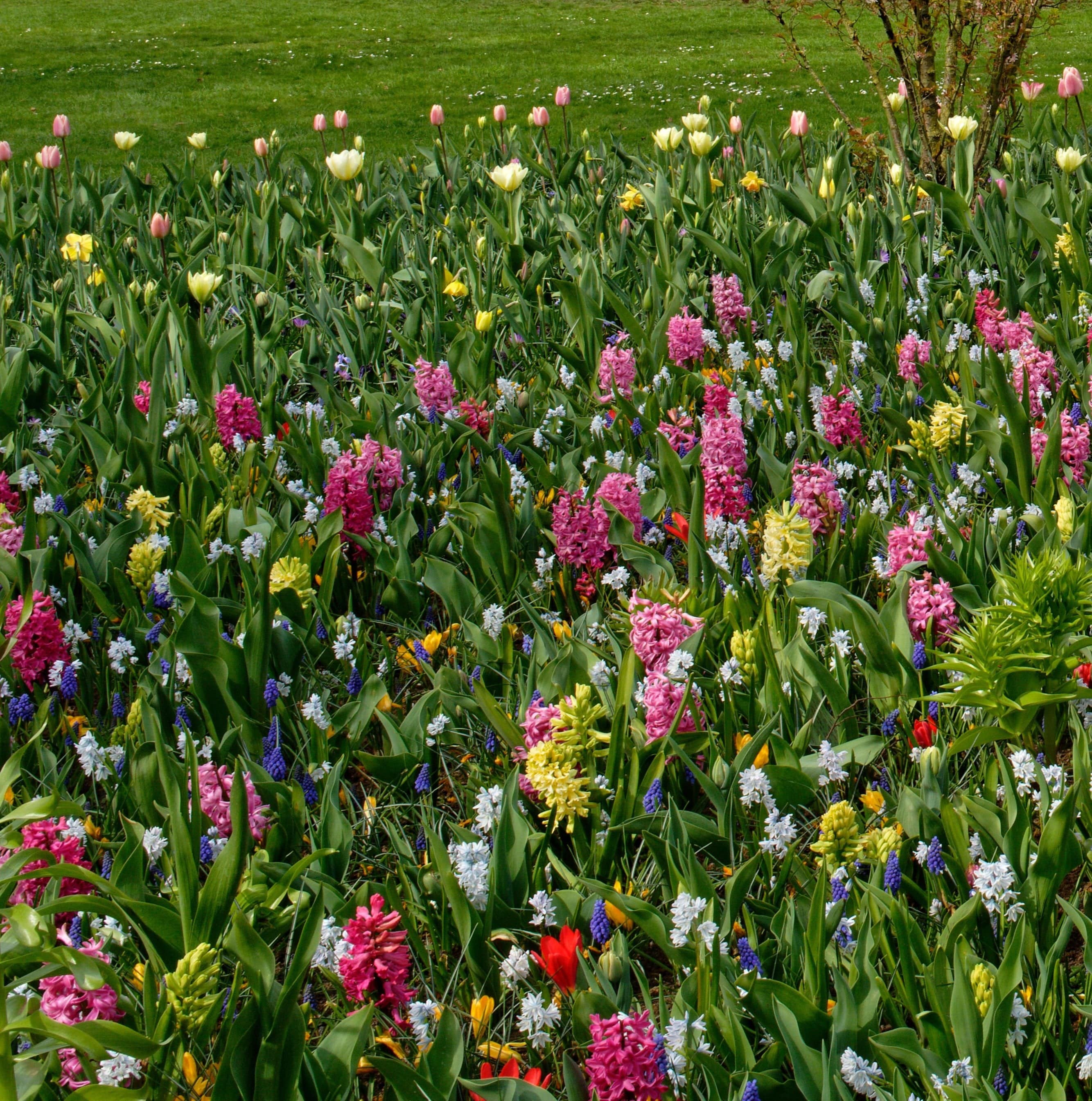
Leave a comment
All comments are moderated before being published.
This site is protected by hCaptcha and the hCaptcha Privacy Policy and Terms of Service apply.